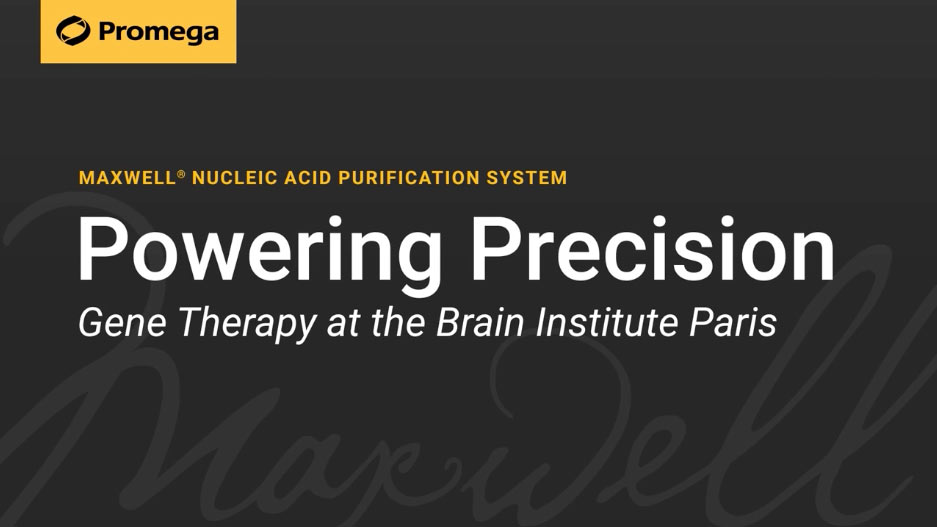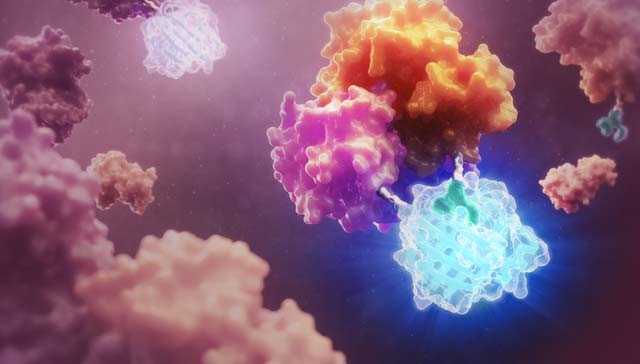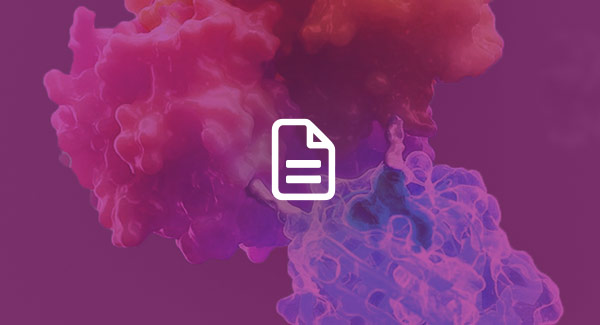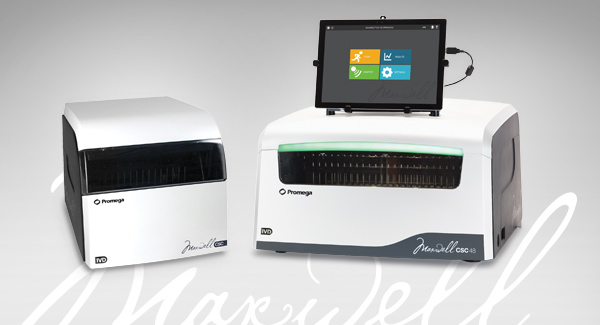Solutions that Scale with Your Cell and Gene Therapy Workflow
From discovery to QC, we deliver reliable, validated tools to accelerate your cell and gene therapy development pipeline.
Choose Your Therapeutic Route
Cell Therapy
Potency Assays, Genomics, Cell Health
Gene Therapy
RNA Therapy
From discovery through QC, we deliver reliable, validated tools to accelerate your cell and gene therapy development pipeline.
- Designed for Simplicity: streamline complex workflows
- Validated for Confidence: high consistency and quality
- Scalable for Growth: tools that support discovery through scale-up
- Supported by Experts: global scientific and technical support
Featured Tools and Solutions
Explore scalable tools that you can trust across your therapy development pipeline.
Maxwell® Nucleic Acid Purification
Fast, automated DNA and RNA extraction to support reliable results at any scale.HiBiT® Target Cell Killing (TCK) Bioassays
Sensitive, quantitative method to measure immune cell-mediated cytotoxicity.TruTiter® Reagent System
Rapid, accurate quantification of viral vector titers to streamline gene therapy production and QC.CASE STUDY:
Gene Therapy Meets Benchtop Automation
At the Brain Institute Paris, researchers are using the Maxwell® system to simplify and standardize DNA and RNA extraction for gene therapy development. By automating key steps, Maxwell helps scientists move from rare pediatric diseases to broader neurological applications—streamlining the path from research to clinical translation with dependable performance.

Featured Resources
Explore resources, guidance, and support your team needs—whether you're optimizing assay setup or preparing for lot release.

Video: Target Cell Killing Bioassays
Learn about a solution for measuring CAR-T cell potency in this video interview with Promega scientist Dr. Julia Gilden.
Poster: A Novel Technology for Accurate Quantification of Viral Genome Titers
TruTiter® Reagent is an innovative method to measure intact AAV capsids
Webinar: Higher Reproducibility for DNA and RNA Extraction in Gene Therapy
Maxwell® automated nucleic acid extraction system for RNA expression analysisFrequently Asked Questions
Promega adheres to several manufacturing requirements under the ISO certifications.
Promega provides many Lumit cytokine immunoassays such as IFNy, IL-2 and IL-6 that can be used in experimental methods.
One Partner—Every Step
Rely on one partner for tools and support across your entire workflow—from cell engineering to assay validation.